‘Democracy’ – Reflections Inspired by Spain’s 15M Movement, by Pablo Ouziel
15M-inspired responses to issues/questions raised during the Institut für die Wissenschaften vom Menschen (IWM) Summer School at Burg Feistritz, Austria
Entry number one: ‘Democracy’
Read the second and the third parts of the writing series
By Pablo Ouziel
IWM (www.iwm.at) together with the Centre for Global Culture and Communication, the Centre for Transcultural Studies, and the Mastercard Foundation organized a magnificent summer school that ran from August 18th until August 25th 2019. Attendants came from about thirty different countries and the multilogue was steered masterfully by Shalini Randeria, Dilip Gaonkar, Holly Case, Ivan Krastev, Till van Rahden and Alanna Armitage.
Much went on throughout this week-long event and there were many great presentations by the different scholars involved. Due to the fact that I found the event exemplary and that much can be taken from it – in the sense of gaining an understanding of the kinds of concerns people are addressing when talking about democracy and demography – I want to dedicate a little time in this blog to reflect on some of the issues raised.
At Burg Feistritz the interrelationality between democracy and demography was discussed from transgenerational, transdisciplinary and transcultural perspectives, I think it valuable, therefore, to broaden the conversation out of Feistritz castle’s gates and into the World Wide Web. Perhaps some of these reflections, together with insights on how the conversation was organized and evolved can serve others who might be thinking about related issues or about how to organize such events.
On the day of our arrival to the castle, the owner (Barbara) explained to us that the castle was first mentioned in writing in 1230. She also pointed out that perhaps its foundations are Roman and that it is at least 1000 years old. According to her, it was initially constructed as a defensive structure. I found this somehow metaphoric/symbolic of liberalism today. As liberalism tries to defend itself and those who are included in its ‘we’ from the dangers looming outside, trying to think about its numerous options from within the gates of a fortified structure that is centuries old seems quite an appropriate endeavour.
Throughout the week at the castle, I had one recurring question which never quite dissipated. The question was as follows:
Since we are here talking about democracy, am I here being democratic here and now, or am I here justifying and enhancing processes and structures that seem counter to the imaginary of democracies and democratization practices that I have learned with 15M in Spain and a multiplicity of examples and exemplars of democracy here and now elsewhere (both historically and geographically speaking)?
As a guiding question, this nurtured my reflections and responses during the time of the Summer School and it also feeds the blog contributions I will be making over the coming weeks related to this event. I think of this blog series as an ongoing contribution to the extensive multilogue that happened from August 18th until August 25th. Some of what I share here comes from a talk I gave during the event, which already attempted a preliminary response to issues raised throughout the week.
It is important to highlight that my responses are also drawing from a broader multilogue in which I am engaged with people being 15M in Spain, numerous indigenous communities in Canada, and some settler allies with whom I am building the Cedar Trees Institute at the Centre for Global Studies in the University of Victoria.
As the blog series progresses I will discuss some of the talks by different participants, some of the more informal discussions that took place on the edges of the main conversation, and the following topics which really caught my attention:
1) The tragedy of the commons/tragedy of privatization
2) Spontaneity and collective presences
3) The tree trunk metaphor
4) Adversaries versus enemies
Nevertheless, in order to begin the series and for the purpose of this first entry, I want to say a few things about the word ‘democracy’. This is a word that was repeated hundreds of times during our event, without anyone dedicating much time to explaining it in any meaningful manner. It is important to mention that democracy throughout the Summer School was seen from Charles Taylor’s position. According to Taylor, our democracies are hollowing out and the fiction of democracy is today contradicted by reality. As he puts it, “as it hollows-out it becomes unbelievable.” Of course, the kind of democracy Taylor has in mind is representative democracy. This is an idea which in the Western world has been hegemonic for a little while now, but which is seriously being contested. Nevertheless, despite this being the case, I do not think we need to worry about descending into chaos and devouring each other if our understandings of democracies are broadened during the current period of contestation.
Why do I say this?
Instead of ‘demoarchy’, the Greeks chose the term ‘democracy’ to signal the fact that what they envisioned was not a form of rule (arche). Protagoras, Pericles, and Meletus described it as a non-elite telic mode of governance in which all citizens were equal and exercised power-with instead of power-over. Everyone’s will was expressed in the assembly (agora) and through consensus a ‘democratic people’ (demos) moved forward.
Through participation, people organized, brought into being, and practiced self-government together, by all having a say and hand in the decisions and actions of the community. This was the primary understanding of the term democracy until the eighteenth-century.
I do not romanticize Greek democracy and I understand that in this conception of democracy there was also an insider and an outsider, just like there is today in liberal democracy. Notwithstanding, what the term meant for the Greeks was different to what democracy means today when spoken of thinking only about liberal democracy. In fact, even in eighteenth century Europe many considered the idea of representatives as non-democratic. For example, during the French Revolution those who considered themselves democrats thought of representatives as a new kind of aristocracy. Furthermore, even James Madison, Founding Father of the United States of America, understood representative systems to be non-democratic.
What happens between 1780 and 1860, is that this primary mode of democracy is displaced by a state-centric conception that emanates out from Europe and North America. At this point, the definition of ‘democracy’ becomes formalized as the exercise of power over a governed electorate by an elected representative government, with elites envisioning a common will that has to be represented. Benjamin Constant’s 1819 lecture, The Liberty of the Ancients Compared with that of the Moderns marks a key point in which the distinction between the primary and the modern forms of democracy becomes central to democratic theory. Constant vehemently defends the idea that the freedom of the ancients in their Greek city-state belongs to an earlier stage of development – one without any connection to the modern state – and argues that anyone defending such democratic practice is suffering from a ‘maladie infantile’. For Constant, the modern state requires a type of liberty that can only be provided by a representative government.
By 1850, the idea of democracy has become so intertwined with representation that the Russian philosopher Peter Kropotkin stops using the term democracy altogether, and begins to speak instead of mutual aid, self-government, or anarchy. Nevertheless, despite this appropriation of the meaning of democracy by the state, it would be naïve to assume that the governed of the time embraced the redefinition. In fact, it isn’t until the expansion of the middle classes in the twentieth century that people begin to have faith in the fact that elected officials might finally represent the community. And already by the second half of the twentieth century, the primary form of democracy begins to be described using terms and concepts like ‘deep democracy,’ ‘prefigurative democracy,’ ‘direct democracy,’ ‘radical democracy,’ or ‘earth democracy’. This is a necessary step taken by citizens themselves to differentiate their practices from the dominant representative mode of democracy through which we are presently ruled.
In the contemporary Western world, these two distinct types of democracy seem to be following their separate paths with occasional interactions that have both positive and negative consequences. Elites continue to defend the idea that representative democracy is the universal standard by which democratic achievement can be measured. In the meantime, citizens are responding by enacting participatory modes of democracy that have persisted through time. These are practices that are considered by these citizens to be the primary mode of being democratic.
In 2011, 15M in Spain exemplified the actuality of this primary sense of ‘democracy’ and crystalized a lifeway (a mode of being and a temporality) that has persisted. Following from this, as an exemplary model of democratic practices, a closer understanding of 15M modes of being can help us open up democracy beyond our current modern conceptions. By looking closely at 15M, we can understand democracy as a space within which multiple heterodoxies enter into dialogue and negotiate ways to co-exist peacefully and constructively without being subsumed. Most importantly, if we grasp 15M’s ‘democracy here and now’ approach, it will help broaden the monolithic thinking that trains us as civil citizens to understand power flows as stemming from above. Through this move, we will be able to see representative democracy as a set of governance practices, which although regulative are not in any sense constitutive of democracy. Furthermore, it will crystalize how citizens are able to transform elite democracies into non-elite democracies, by reclaiming the power of the Leviathan through speaking and acting otherwise.
The recent Democracy and its Futures event series at the University of Victoria (March 2019; co-funded by the Erasmus+ Jean Monnet Program of the European Union and the Centre for Global Studies) is a good example of a discussion thread which has taken seriously the importance of exploring how different families of democracies can address present crises of democratic, social, ecological, and earth systems (Gaia crises). It provisionally described the field of democracy in both theory and practice as consisting of the five overlapping and criss-crossing modes or families of democracies and democratization and brought these into dialogue in a manner that de-universalized the idea of representative democracy. Bringing together scholars from all over the world, the event has facilitated a multilogue between different democratic traditions that are currently developing future collaborations and preparing an edited volume entitled Democracies and their Futures.
For information on this conference you can visit online here: https://www.eucanet.org/index.php/component/content/article/41-news-media/1-what-s-new/572-democracy-its-futures-2
In my next entry I will write about ‘The tragedy of the commons’ and will present a counter view of ‘The tragedy of privatization’.
About the author: Pablo Ouziel is co-founder of the Cedar Trees Institute at the University of Victoria. He is Associate Fellowship at the Centre for Global Studies at the same university and is a visiting fellow at the Universitat Pompeu Fabra in Barcelona, Spain and the University of Southampton in the United Kingdom. Pablo’s research interests include public philosophy, collective presences, horizontality, nonviolence and civic democracy. By standing within the tradition of public philosophy, the core of his work is centred on excavating networks of individuals governing themselves in numerous ways that supersede our current structures of representative government
Image by http://fotograccion.org/ cc CC BY-SA 3.0
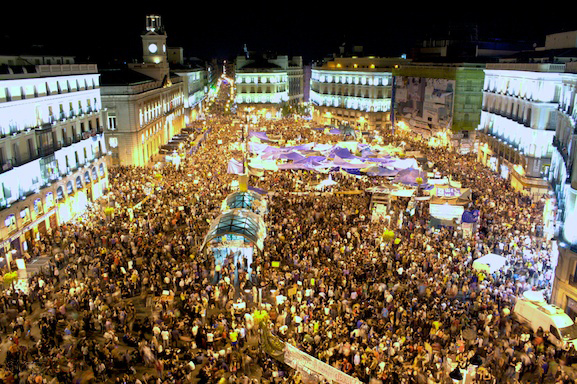
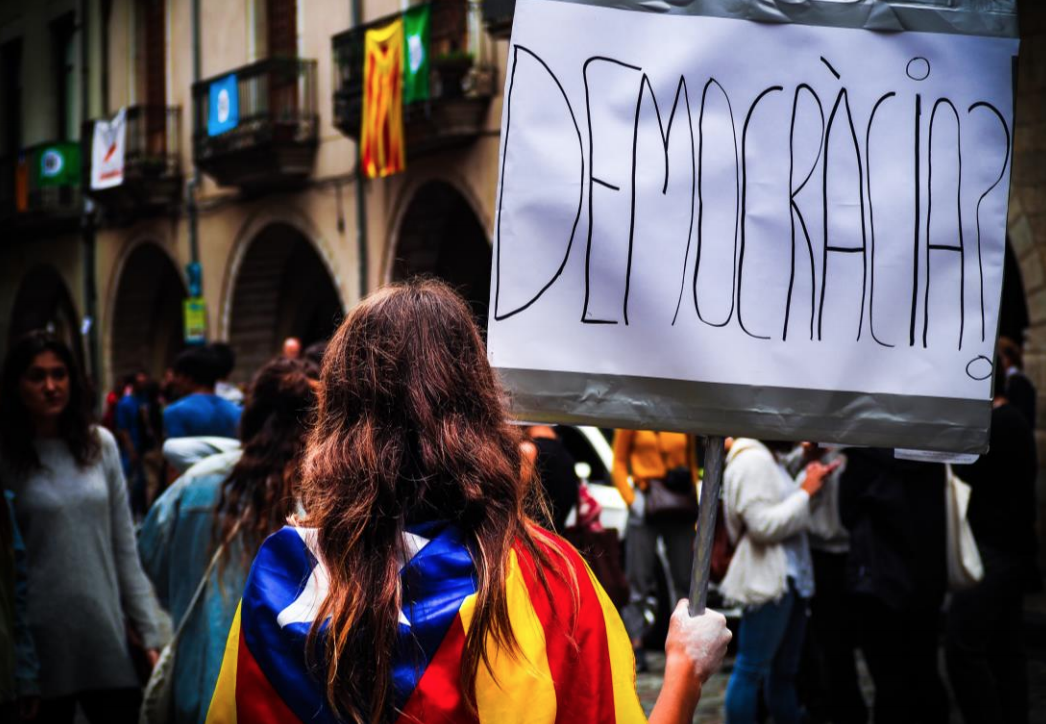



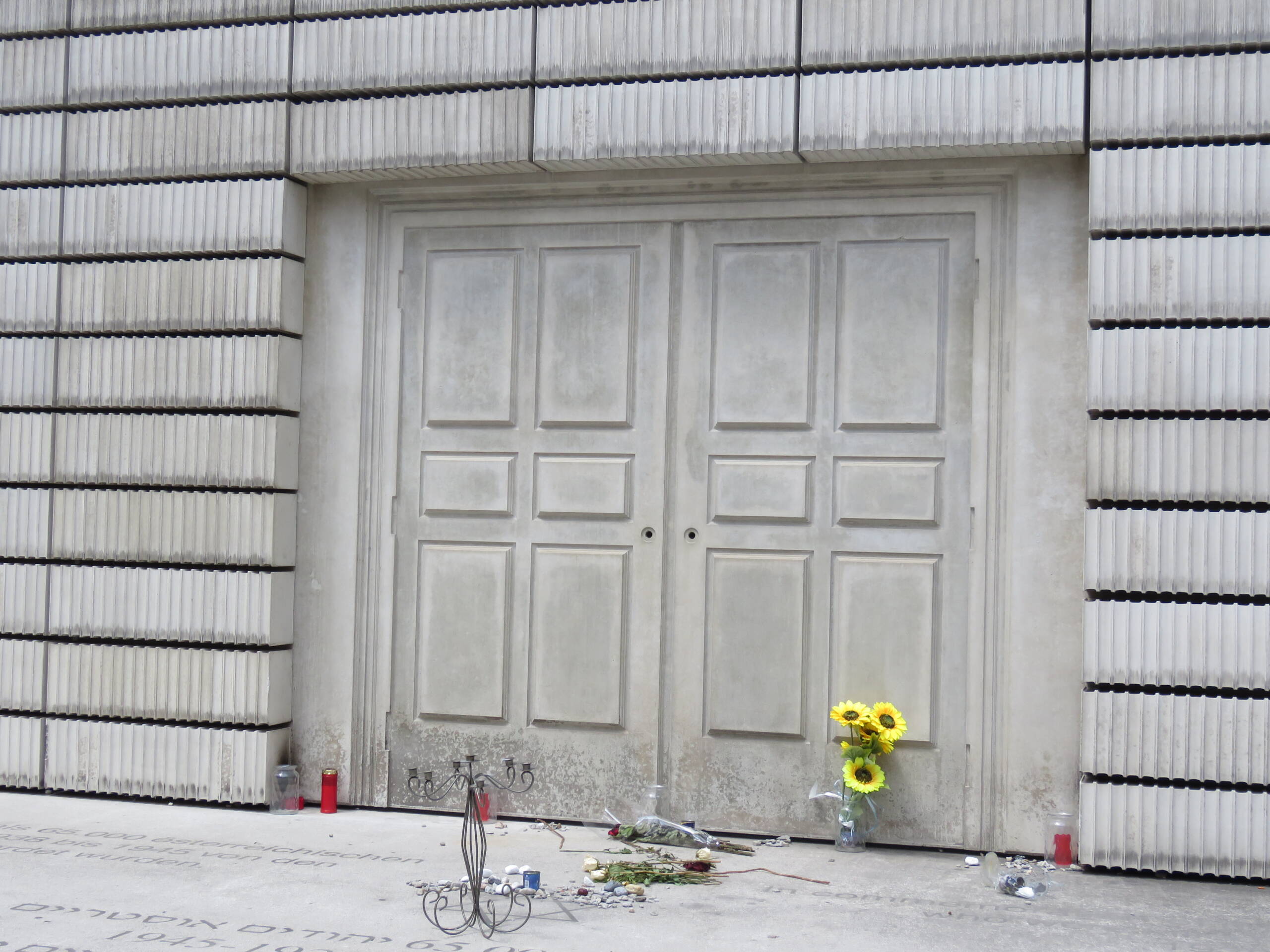

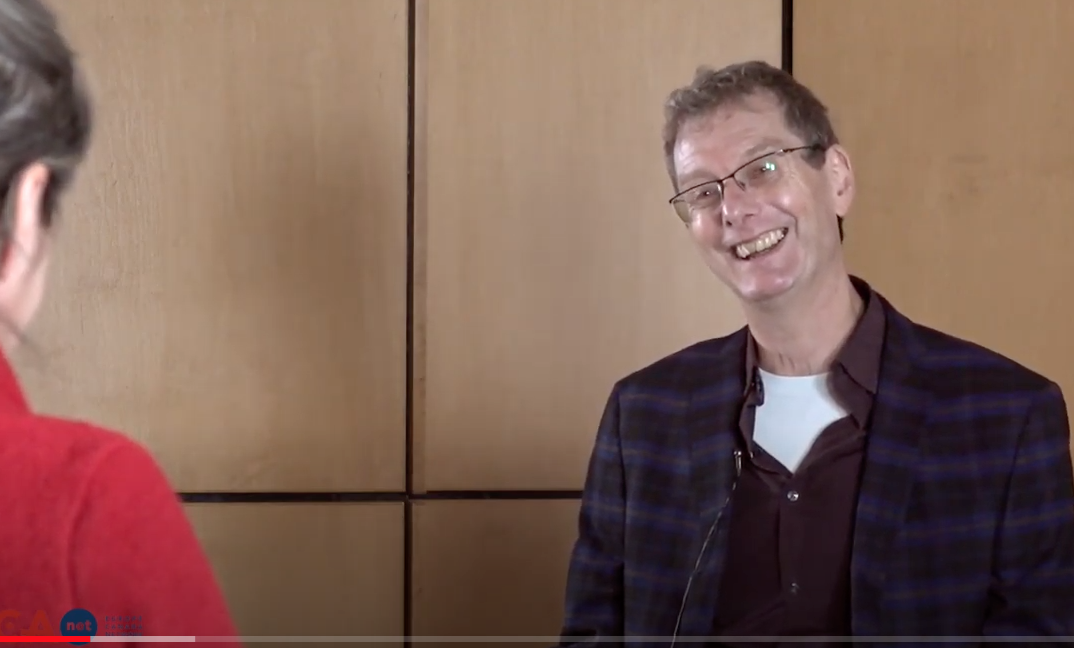
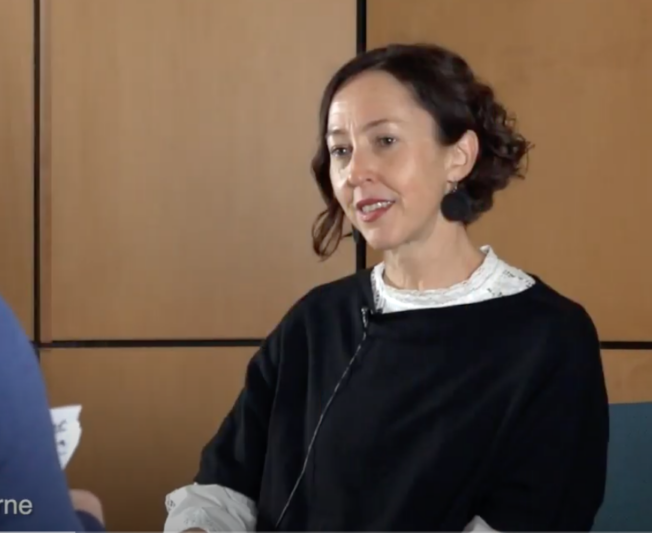


Leave a Reply
Want to join the discussion?Feel free to contribute!